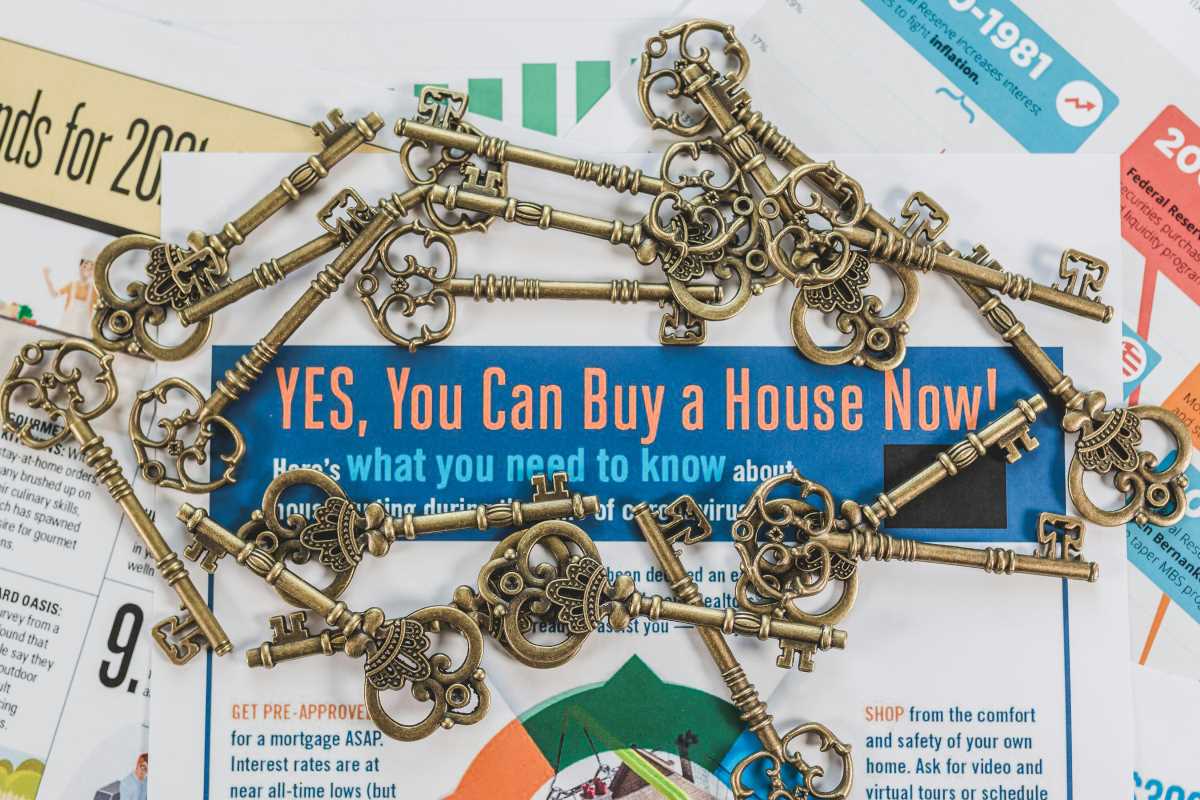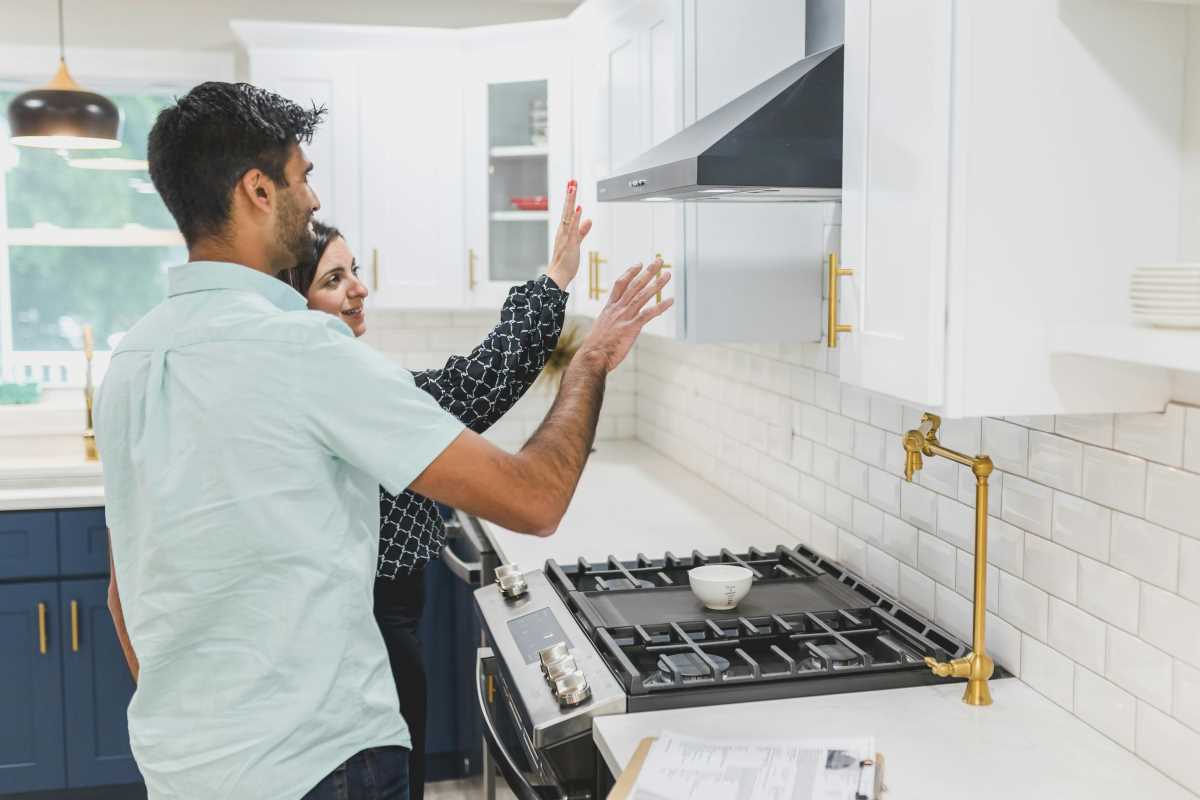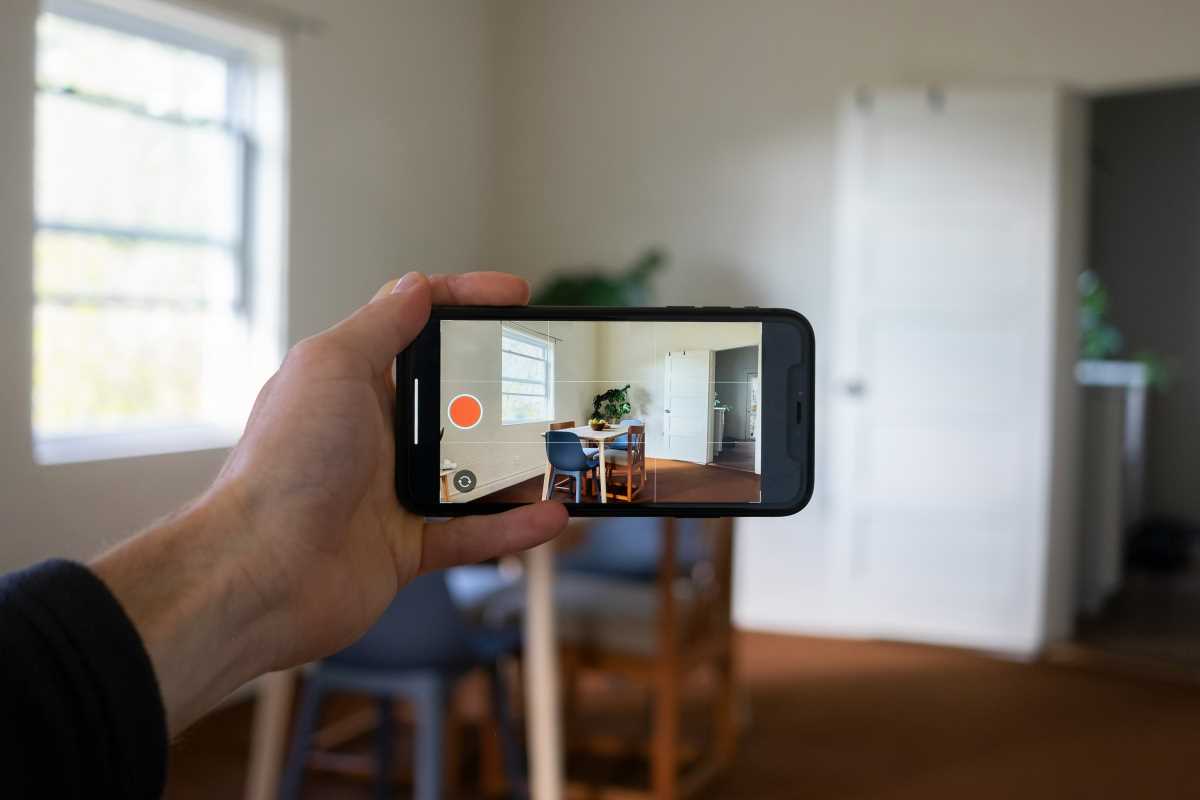Deciding when to buy a home feels like trying to solve a big, complicated puzzle. You hear people talking about interest rates, seller's markets, and housing bubbles, and it's easy to feel like you need a crystal ball to get it right. It’s a huge financial step, and you want to make sure you’re choosing the right moment.
The good news is, you don’t need to be a market wizard to make a smart choice. While market conditions are part of the equation, the best time to buy a home has more to do with you—your finances, your goals, and where you are in life. Let's walk through the key things to consider, so you can figure out if now is the right time for you to make a move.
Are You Personally and Financially Ready?
Before you even look at what the market is doing, the first step is to take a look at your own situation. This is the most important part of the decision. A "hot" market doesn't matter if you aren't prepared.
Your Financial Health
This is more than just having money for a down payment. Lenders will look at your whole financial picture.
- A Steady Income: Do you have a stable job and a reliable source of income? This gives you and the lender confidence that you can handle a mortgage payment every month.
- A Good Credit Score: Your credit score is a major factor in getting a mortgage and securing a good interest rate. Generally, a score of 620 is the minimum, but a score of 740 or higher will get you the best rates.
- Debt-to-Income Ratio (DTI): This is the percentage of your monthly income that goes toward debt payments. Lenders like to see a DTI of 43% or less. It shows you have enough room in your budget for a mortgage.
Your Savings
You’ll need more than just the down payment.
- Down Payment: While 20% is the classic goal to avoid private mortgage insurance (PMI), many loan programs allow for much less. FHA loans, for example, can require as little as 3.5% down.
- Closing Costs: These are the fees for services that complete the real estate transaction, and they typically run from 2% to 5% of the loan amount.
- An Emergency Fund: This is so important. After you close, you'll still need a safety net for unexpected expenses, whether it's a car repair or a leaky roof. Don’t drain your savings completely to buy the house.
Understanding the Housing Market
Once you’re confident in your personal readiness, it's time to look at the market. Real estate is local, so what's happening nationally might be different from what’s happening in your town.
Buyer’s Market vs. Seller’s Market
You’ll hear these terms a lot.
- Seller’s Market: This happens when there are more buyers than available homes. Prices tend to rise, and you might face bidding wars. You'll have less negotiating power.
- Buyer’s Market: This is when there are more homes for sale than buyers. Sellers may be more willing to lower their prices or agree to repairs, giving you more leverage.
How do you know what kind of market you’re in? A good real estate agent is your best resource here. They have their finger on the pulse of the local market and can tell you how quickly homes are selling and for how much.
The Role of Interest Rates
Interest rates get a lot of headlines, and for good reason. The rate on your mortgage has a huge impact on your monthly payment and the total amount you’ll pay over the life of the loan.
When rates are low, your buying power increases because you can afford a higher loan amount for the same monthly payment. When rates are high, the opposite is true. However, don’t let rates alone dictate your decision. It’s nearly impossible to time the market to get the absolute lowest rate. A good strategy is to buy when you are ready and then consider refinancing later if rates drop significantly.
How Long Do You Plan to Stay?
A home is not a short-term investment. Because of the costs involved in buying and selling (like closing costs and agent commissions), it usually takes a few years to build enough equity to make selling worthwhile.
A common rule of thumb is to plan on staying in the home for at least five years. If you think you might need to move for a job or another reason in just a year or two, renting might be a better financial option for now. Think about your career path, family plans, and other life goals. Buying a home that fits your life for the foreseeable future is a much sounder investment.
Putting It All Together: Should You Buy?
So, how do you make the final call? It’s not about every single star aligning perfectly. It’s about finding a balance that works for you. Ask yourself these questions:
- Are my finances in order? (Stable income, good credit, savings for a down payment and more)
- Am I planning to live here for at least five years?
- Can I comfortably afford the monthly mortgage payment, plus taxes, insurance, and maintenance?
- Am I ready for the responsibilities of homeownership? (Yes, that means fixing things when they break!)
If you can confidently answer "yes" to these questions, then it's likely a good time for you to start looking, regardless of what the headlines say. The market will always have its ups and downs, but a home is more than just a financial asset—it’s where you live your life.
The Best Time Is Your Time
Trying to perfectly time the housing market is a recipe for stress. The best approach is to focus on what you can control. Get your finances in shape, understand your long-term needs, and work with a trusted real estate agent who can guide you through the local market conditions. When you’re personally ready, you can move forward with the confidence that you’re making a smart decision for your future.
 (Image via
(Image via





